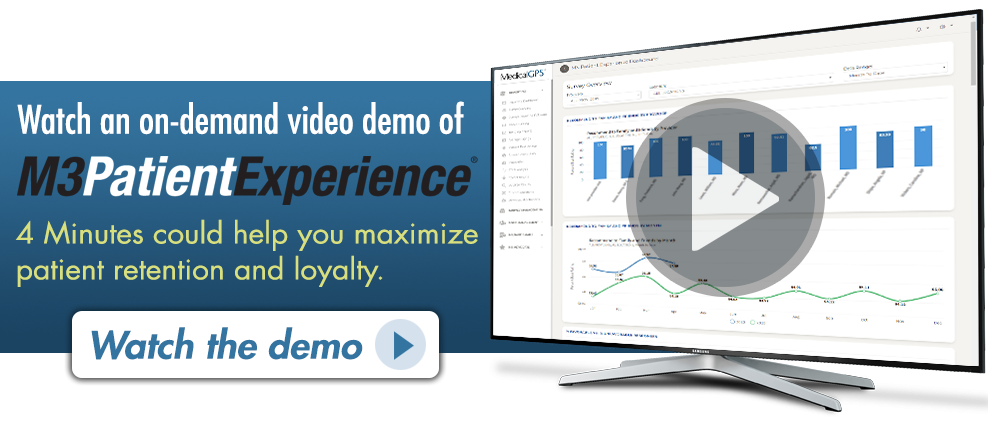 In the era of consumer driven healthcare, one size doesn’t fit all. If you look around, it doesn’t take long to see that personalization is everywhere. From the recommendations generated by algorithms of Amazon, Pandora, Pinterest, and Netflix to the marketing ads that pop up on our computer screens. These smart programs have figured out what is relevant to our individual interests and are personalizing our every experience.
In the era of consumer driven healthcare, one size doesn’t fit all. If you look around, it doesn’t take long to see that personalization is everywhere. From the recommendations generated by algorithms of Amazon, Pandora, Pinterest, and Netflix to the marketing ads that pop up on our computer screens. These smart programs have figured out what is relevant to our individual interests and are personalizing our every experience.
Engaging consumers through personalization helps foster a more positive relationship, it encourages customer loyalty, and increases repeat business. Healthcare consumers have also shown an increased interest in personalized care experiences. Items such as Fitbits, wearables, and at-home testing kits are taking the digital health market by storm. These on-demand health solutions are a part of a more personalized approach to healthcare, enabling patients to engage and understand their health with the input of a physician.
So, What is Personalized Healthcare?
Personalized healthcare has many definitions and can mean different things to different people. The term is often used interchangeably with personalized medicine, however, understanding the differences is key:
- Personalized medicine – Personalized medicine refers to the use of genetics and genomics. It is a multi-faceted approach to patient care that not only improves the ability to diagnose and treat disease, but offers the potential to detect disease at an earlier stage, when it is easier to treat effectively.
- Personalized healthcare- is tailoring healthcare to the individual characteristics of the patient. This includes genetics and genomics but also consist of any other biologic information that help predict risk for disease or how a patient will respond to treatments. It also means providing patients with tools such as digital health and fitness apps, wearables, telemedicine, and at-home testing kits which enable patients to become more involved in their health.
What are the Benefits of Personalized Healthcare?
- Cost and quality- Personalized healthcare can help providers predict the best treatment with the least side effects for individual patients. It can increase the quality of care while lowering cost simultaneously.
- Involving patients in their care- Patients are becoming more involved in their care through the use of tools such as fitness apps, wearables, telemedicine, and at-home testing kits. This is important because an engaged patient is more likely to adhere to their treatment and have better outcomes.
Why are Patients Choosing Personalized Healthcare?
- Rising healthcare costs – Patients are spending more on healthcare than ever before, which motivates them to look for lower cost and more accessible options.
- Increased access to health information- Patients have more access to information and are more educated on their health, which is why they want the ability to receive personalized care conveniently and on-demand.
- Frustration over medical care– Patients are often frustrated with the medical care they receive, which is why they are turning to personalized healthcare.
There is a lot to get excited about when it comes to personalized healthcare, and it is certainly not the standard “one size fits all” approach. Although not everyone is embracing this new approach to care, it is certainly here to stay.

References:

